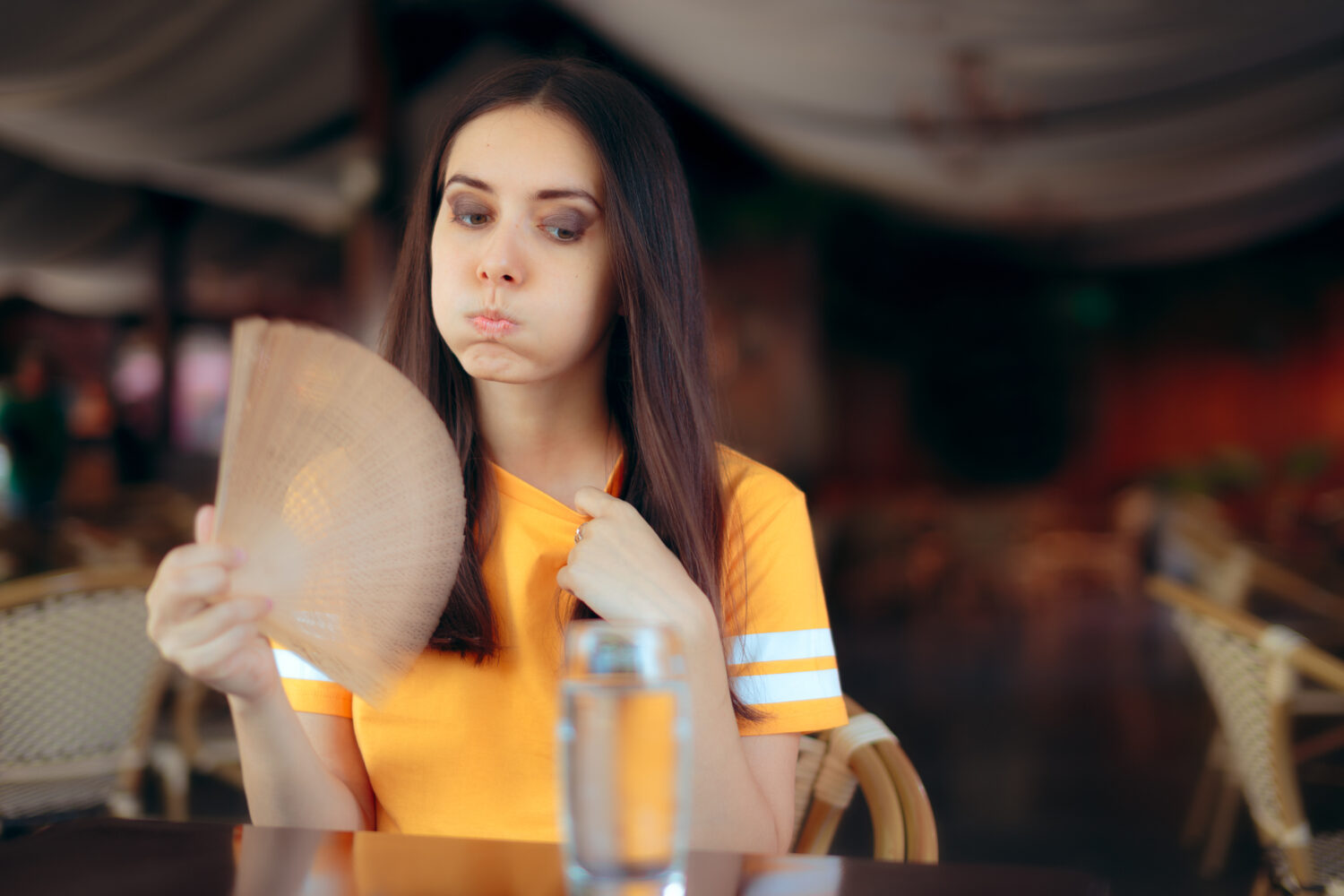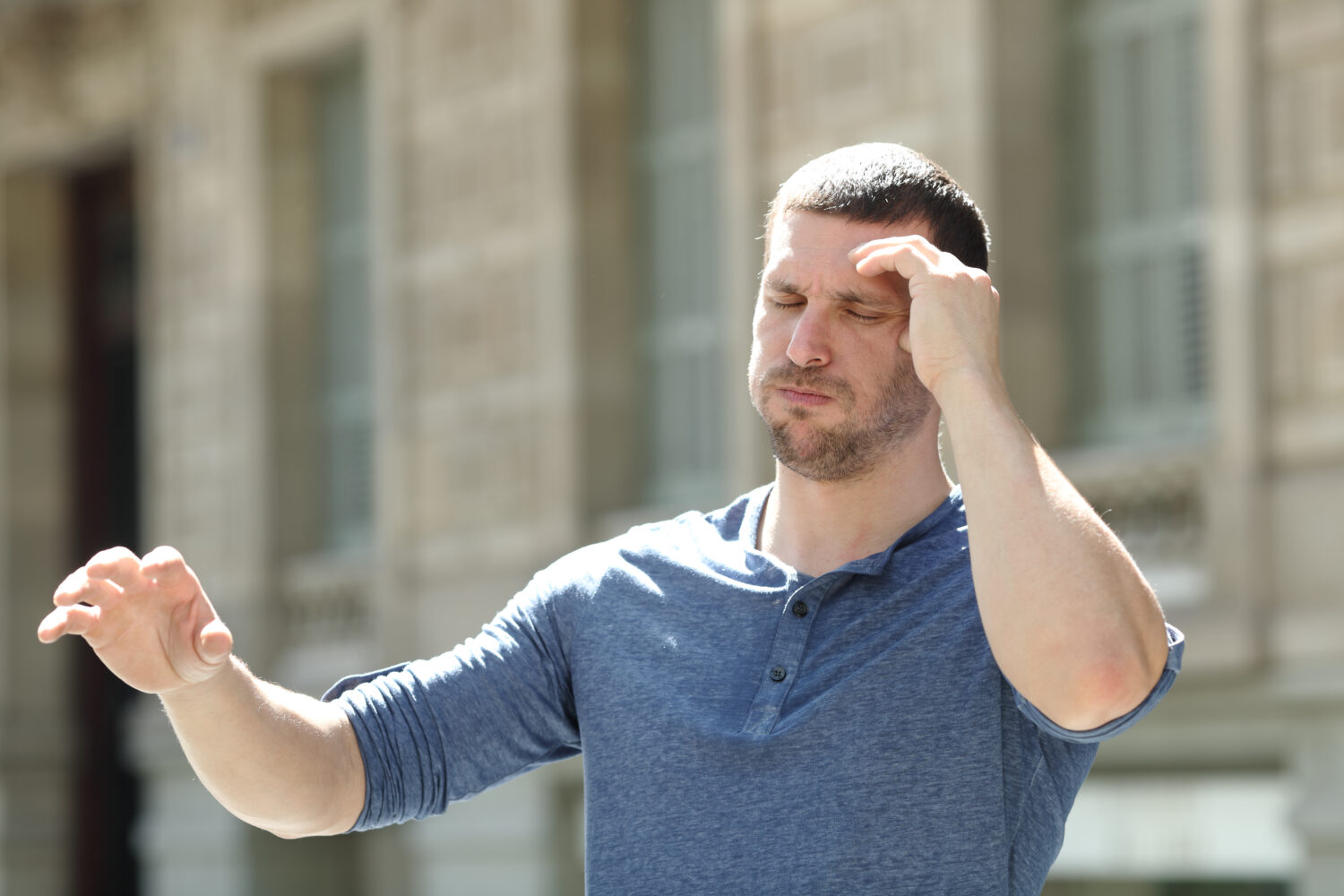
Dehydration does more than just make you feel thirsty—in actuality, it can be quite dangerous to your overall health. This condition occurs when more water is moving out of your body and cells than you’re taking in by drinking.
You lose water daily when you exhale, breathe, urinate, move your bowels, sweat, and other dehydration causes you should know. The severity of dehydration may depend on some factors such as diet, level of physical activity, and climate. No matter the reason for dehydration, staying hydrated is crucial for our health and well-being. IV treatments in Glendale, CA can be a lifesaver as you can quickly and effectively replenish your body with the fluids and nutrients it needs to function at its best.
If you can’t tell if your body needs more water, below are some of the common symptoms of dehydration you should be aware of:
-
Bad Breath
If you notice that your breath smells bad, it may be a sign that you haven’t had enough water. Saliva has essential antibacterial properties, so when you’re dehydrated, the reduced saliva in your mouth enables bacteria to thrive, which can lead to bad breath.
-
Headaches
Did you know that even mild dehydration may cause a headache and even trigger migraine headaches? Fortunately, even if different factors aside from dehydration are causing your headaches, drinking a glass of water and sipping more fluids throughout the day is a simple way to ease your pain.
-
Dry Skin
If you haven’t drunk enough water, your skin will also let you know about it. Dehydrated skin may appear dull and feel tight when you look in the mirror. You might also even notice darker under-eye circles and more exaggerated wrinkles. To take care of yourself from the inside out, stay hydrated and prevent dehydration to avoid dry skin.
-
Dark Urine and Not Urinating
A simple way to check if you’re hydrated enough is by checking your urine’s color. Normal urine has a pale-yellow color. If you have urine that is darker in color, it’s a sign that you’re dehydrated. If you’re not urinating at all, then you are experiencing severe dehydration.
To avoid this, make sure to drink more water immediately. If possible, instead of gulping several glasses of water down at once, take small sips instead and pace yourself. If you always forget about drinking water, it’s best to carry a water bottle with you and perhaps utilize a water tracking app to make sure you get reminders to drink.
-
Sugar Cravings
Dehydration may sometimes mask itself as hunger or sugar cravings. It happens when you’re frequently exercising. Once you exercise and you’re dehydrated, your body uses the stored carbohydrates or glycogen at a faster rate, which reducer your stores quickly. Once you finish exercising, you’ll likely crave more carbs to help you replenish your glycogen levels. So, make sure to drink water periodically when exercising.
-
Rapid Breathing and Heartbeat
It’s common to experience rapid breathing and increased heartbeat while exercising. However, if these don’t return to normal levels after your cool down, it may be a sign of dehydration. Reduced amounts of electrolytes can affect the ability of your heart to pump blood, which get sweat out during exercise.
On top of that, fluid intake is necessary for your organs to properly function. Thus, it’s vital that you visit a doctor who specializes in dehydration if you experience such symptoms. After an examination, if your healthcare provider determines you’re dehydrated, you’ll be given intravenous fluid that contains a rehydration solution for quick fluid delivery to your body’s thirstiest parts.
-
Tiredness
You may think that it’s usual to experience that mid-afternoon slump, but did you know that it has something to do with being dehydrated? Some symptoms of dehydration may make you feel sleepy. When some physical tasks feel more tiring and difficult to do, it’s because your muscles lack water, which is crucial for them to function well.
-
Chills or Fever
More often than not, chills and fever are linked to illnesses like ear infections and flu. However, don’t let this symptom fool—it can also be a sign of dehydration. Whenever your body isn’t sufficiently hydrated, it can be difficult to maintain homeostasis, resulting in chills and hyperthermia.
When you’re experiencing chills or fever, stop any strenuous activity immediately—the additional stress can make your symptoms worse. You can beat dehydration by drinking additional fluids and applying a cold compress to your face. If your body temperature doesn’t improve, visit the nearest doctor’s clinic.
-
Muscle Cramps
If your body doesn’t get enough water, it can slow down blood circulation, which could make your muscles cramp. Your body will protect its organs, so it shifts the fluids away from your muscles and anything that isn’t vital. Changes in potassium and sodium because of sweat loss may also result in cramping. Muscle cramps can be painful and could make your muscles feel hard to the touch.
-
Constipation
The body requires water to keep everything moving through your colon. If you’re not getting enough water, your body basically compensates by withdrawing more fluids from the stool, which makes it more difficult and much harder to pass.
With that in mind, it’s important to note that drinking water when you’re hydrated won’t relieve constipation, which may be caused by other factors such as lack of fiber, medical conditions, or medications.
-
Low Blood Pressure
One of the common symptoms of dehydration you should know is low blood pressure, which can be harmful. Low blood pressure may manifest in various ways—including blurred vision, nausea, and dizziness—so it’s crucial to be aware of them as most people don’t have blood pressure cuffs at home.
The reason why low blood pressure can be dangerous is that it means your blood isn’t being properly sent to critical organs. Particular blood pressure medications serve as diuretics that can make you more dehydrated. Luckily, you can fix this by leveling up your water intake.
Conclusion
Thirst isn’t the only indicator that your body needs water. Most people, especially elderly people, don’t often feel thirsty until they’re dehydrated already. This is the reason why it’s essential to be aware and understand the common symptoms of dehydration. Also, don’t forget to boost your water intake when you’re ill or during hot weather to ensure that your body is in tiptop condition.









